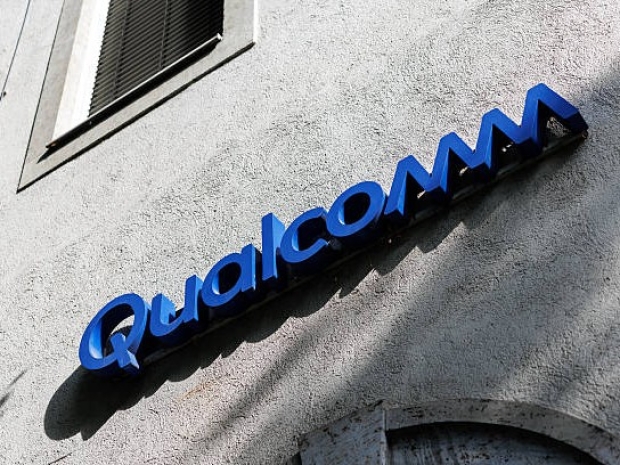China’s State Administration for Market Regulation confirmed it is investigating Qualcomm for suspected breaches of the country’s antimonopoly law. Officials said the probe relates to the US company’s acquisition of Israeli startup Autotalks.
A Qualcomm spokeswoman said the firm “is fully cooperating with the Chinese regulator.”
The move adds to two chaotic days of Chinese retaliation that threaten to upend already fragile relations with Washington. Beijing unveiled new controls on rare-earth exports, declaring that licences for certain chip-related materials will now be issued case by case.
It expanded its so-called “unreliable entity list” to include around a dozen organisations, such as Canadian research firm TechInsights, which had released reports on Huawei’s semiconductor development efforts.
China announced new licensing requirements for exports of lithium batteries and related production gear, then followed up by saying it would slap a special port fee on US ships docking at Chinese ports. The move was a direct response to the Trump administration’s decision to hit Chinese vessels with new docking charges.
Beijing has long used official investigations as leverage against US companies, a tactic that has intensified as Washington’s restrictions and tariffs on Chinese goods multiply.
American chip firms are particularly vulnerable. Last month, Chinese regulators accused Nvidia of violating antitrust rules over a 2020 acquisition, adding yet another layer of uncertainty to the global semiconductor scene.
Beijing wants Washington to roll back tariffs and ease export curbs that have throttled its tech industry.
Qualcomm, based in San Diego, is especially exposed. Nearly half its 2024 revenue came from China, according to its latest filings. The company warned that “a significant portion of our business is concentrated in China, and the risks of such concentration are exacerbated by US/China trade and national security tensions.”
This is not Qualcomm’s first dance with Beijing’s regulators. In 2018, China’s delays in approving its planned purchase of Dutch chipmaker NXP forced the company to abandon the deal entirely, one of the more visible casualties of Trump-era trade warfare.
Qualcomm’s troubles with Chinese authorities go back even further. In 2015, it agreed to cough up $975 million to settle antitrust allegations and overhaul its licensing practices in China. That penalty was one of the biggest corporate fines ever imposed by Beijing at the time.
Despite the history, Qualcomm’s leadership has repeatedly courted goodwill in China. Chief executive Cristiano Amon has been one of the few foreign business bosses invited to meet Xi in person, including at this year’s gathering of foreign executives and policymakers in Beijing.
According to China’s market regulator, Qualcomm failed to report how its Autotalks acquisition would affect competition. The deal, revived in June after an earlier failed attempt in 2024, is part of Qualcomm’s strategy to expand into car-to-everything communications technology.

